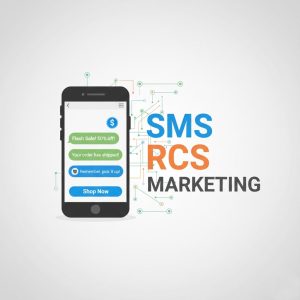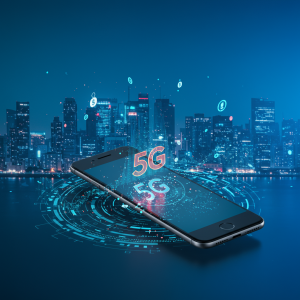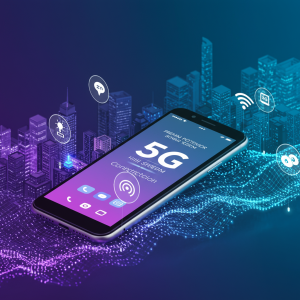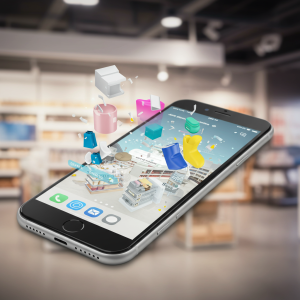Unlocking the Benefits of Event Marketing for Your Success
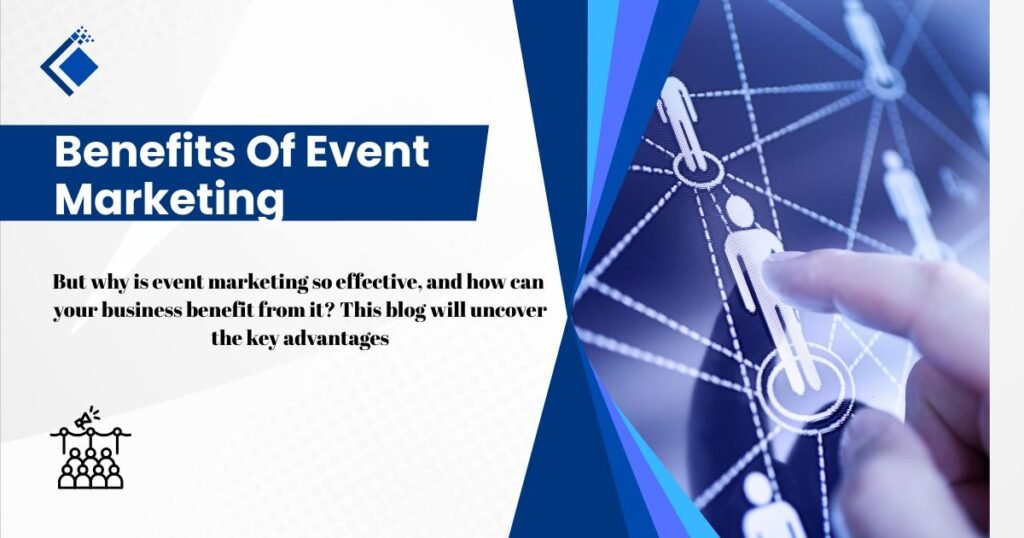
Event marketing is more than just another promotional strategy; it’s one of the most powerful ways to connect with your audience, build lasting relationships, and drive conversions. Whether you’re hosting a product launch, a webinar, or sponsoring a large industry conference, event marketing offers unique opportunities to grow your business and amplify your brand.
But why is event marketing so effective, and how can your business benefit from it? This blog will uncover the key advantages of event marketing and how you can leverage them to achieve your goals.
What is Event Marketing?
Before we jump into the benefits, let’s clarify what event marketing really means. Event marketing involves planning, organizing, promoting, and hosting events to build relationships with your target audience, raise brand awareness, and achieve specific business objectives. These events can range from small meetups and webinars to large conferences or trade shows.
The digital explosion has expanded event marketing to include virtual and hybrid events, giving brands even more flexibility to connect with audiences wherever they may be.
Why Do Events Matter in Marketing?
Events are highly immersive and engaging. They enable direct communication between your brand and your audience, offering something that digital advertisements and social media campaigns can’t always provide – a personal, real-world connection. This human connection leaves a lasting impression, translating into loyalty and advocacy for your brand.
Here are some facts to drive the point home:
- According to Forrester Research, 77% of marketers use experiential or event marketing as part of their brand-building strategies.
- The Event Marketing Institute found that 65% of event attendees say live events give them a better understanding of a product or service.
Now, let’s break it down further to see exactly how event marketing can work wonders for your business.
Key Benefits of Event Marketing
1. Building Personal Relationships
The true essence of event marketing lies in face-to-face interaction. Meeting your audience in person enables you to:
- Establish a stronger emotional connection.
- Build trust and credibility for your brand.
- Have real-time conversations where visitors can voice their questions or concerns.
For example, hosting a booth at a trade show not only helps you showcase your product but also allows you to receive valuable in-person feedback, boosting both your credibility and understanding of your audience.
Pro Tip: Even for virtual events, leverage live Q&A sessions or personalized touchpoints like polls to replicate that in-person vibe.
2. Amplifying Your Brand Awareness
Events are powerful tools to get your name out there. Whether it’s a physical conference banner or your branding on a webinar interface, an event spreads your message effectively. Unlike some marketing channels where engagement may last a few seconds, events provide extended opportunities for attendees to engage with your brand.
Take Coca-Cola, for example. Their marketing campaigns famously combine massive events with visual experiences, ensuring attendees leave with a strong memory of their brand.
Quick Idea: Partner with like-minded brands for co-hosted events, amplifying your exposure while sharing costs.
3. Generating High-Quality Leads
While digital marketing often casts a wide net, events attract more refined audiences who are already interested in the topic or industry. That makes them excellent for generating high-quality leads. With events, you can:
- Gather attendees’ contact information during registration.
- Use tools like event apps or on-site surveys to qualify leads.
- Follow up post-event with personalized pitches or offers.
Pro Tip: Use a lead-scoring system at your event to prioritize follow-ups with attendees based on their engagement level.
4. Providing Direct Product or Service Demonstrations
It’s one thing to advertise your product online. It’s another thing entirely to give a live demonstration in front of an engaged audience. Events serve as excellent platforms for showcasing your product’s features in action.
Take tech companies, for instance. Brands like Apple and Microsoft use keynotes and product launches to create buzz, showing exactly what makes their new releases special.
Action Step: Run hands-on workshops or sessions where attendees use your product to experience its value firsthand.
5. Creating Networking Opportunities
An often-overlooked benefit of event marketing is its power to forge connections—not just between attendees and your brand but between attendees themselves. If your event fosters an environment of collaboration and connection, your brand will naturally be associated with those positive experiences.
Consider hosting an informal networking session post-event with music and light refreshments. Attendees will appreciate the opportunity to exchange ideas while linking the good vibes to your brand.
6. Unlocking Social Media Buzz
When done right, events naturally generate social media traction. Photos, hashtags, stories, and live tweeting create organic exposure for your business. Encourage attendees to post about the event on their social media platforms while tagging your brand.
Example Campaign: Create a branded hashtag and incentivize attendees to use it in their posts by offering a giveaway prize.
Pro Tip: Livestream your physical events for audiences unable to attend, further leveraging social media reach.
7. Gaining Valuable Feedback
Events offer a rare opportunity to gather direct insights from your target audience. Whether through live Q&As, post-event surveys, or even casual conversations, events help you understand what your attendees are looking for and how you can improve your offerings.
A post-event survey, for example, might reveal that your attendees are interested in additional workshops, which could inform your next event strategy.
Action Step: Use this feedback to refine not only your events but also your entire marketing approach.
8. Exclusive Deals Drive Conversions
One substantial advantage of events is the opportunity to create exclusivity. You can offer limited-time promotions or early access to your products, motivating attendees to act on their purchasing decisions quickly.
For example, luxury skincare brand La Mer uses pop-ups to give attendees exclusive first access to products not yet available in stores, increasing customer excitement and urgency.
Pro Tip: Tease these exclusive deals in event invitations to drive attendance.
How to Get Started With Event Marketing
Whether you’re a small business or a major brand, getting started with event marketing requires careful planning, focus, and creativity. Here are a few steps to begin:
- Define Your Objectives: Are you looking to generate leads? Build brand awareness? Have specific, measurable goals in mind.
- Know Your Audience: Ensure your event is tailored to the needs and interests of your target demographic.
- Pick the Right Format: Whether it’s a livecasthub.com trade show booth, or a VIP dinner, choose a format that aligns with your goals.
- Invest in Promotion: Use platforms like LinkedIn, Eventbrite, and social media ads to ensure your target audience knows about your event.
- Measure Performance: Use metrics such as attendee turnout, lead conversions, social mentions, and survey responses to assess your event’s success.
Prospecting the Possibilities of Event Marketing
Event marketing is more than a strategic pillar; it’s a dynamic way to build stronger connections, amplify your brand, and foster lasting loyalty. By consistently delivering thoughtful, well-executed events, your business can differentiate itself in even the most competitive industries.
Want to level up your marketing game? Explore how strategic event marketing can revolutionize your business and give you a competitive edge.

